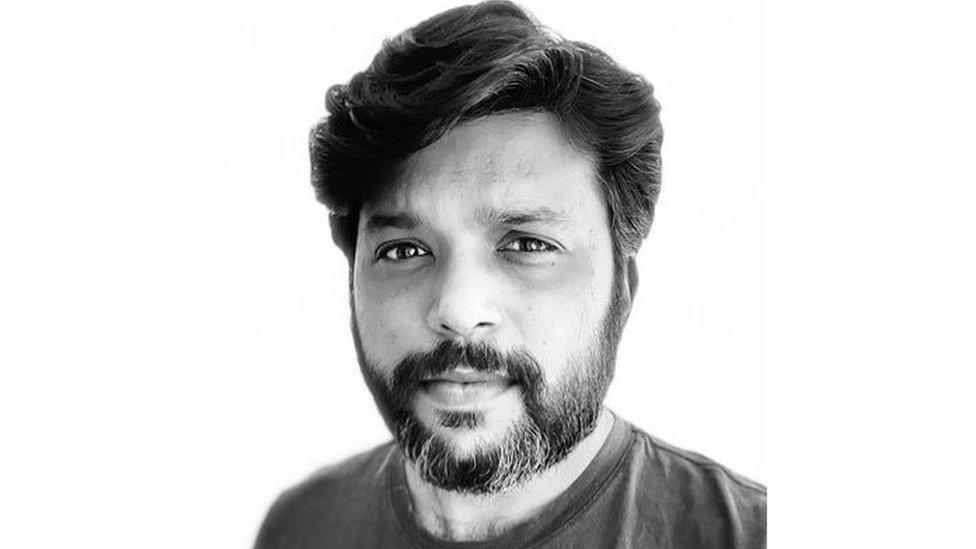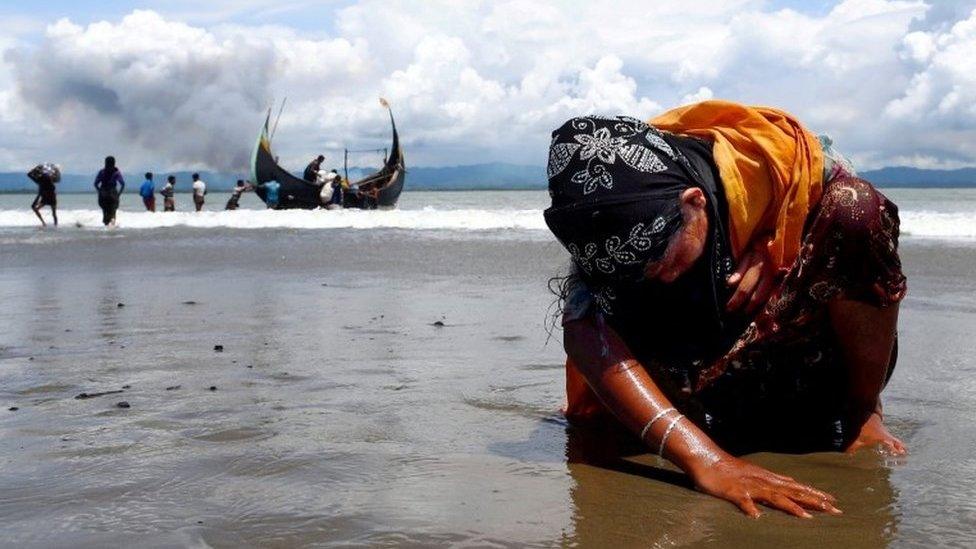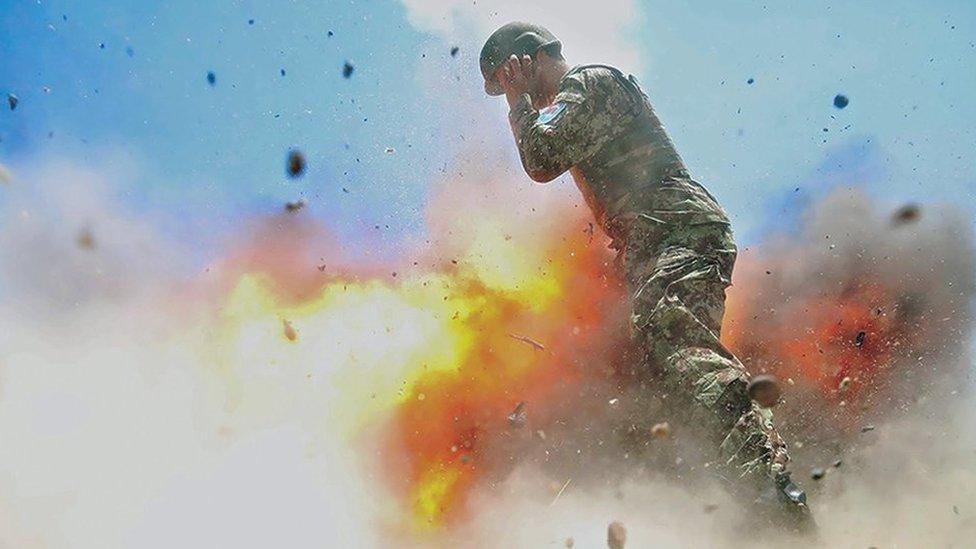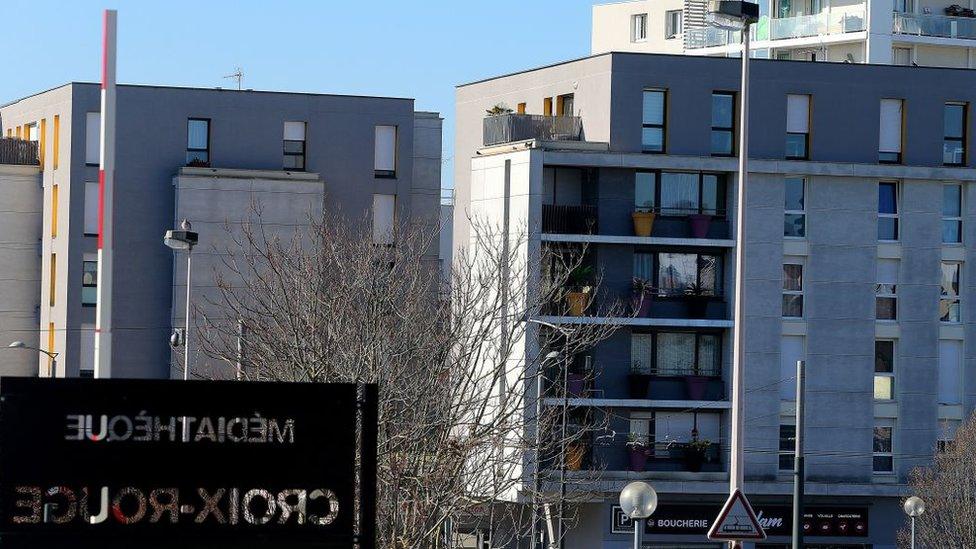Danish Siddiqui: Indian photojournalist killed in Afghanistan
- Published

Danish Siddiqui was the chief photographer of Reuters in India
Pulitzer Prize-winning Indian photojournalist Danish Siddiqui has been killed in Afghanistan, said the country's ambassador in Delhi.
The 41-year-old, who was chief photographer for Reuters news agency in India, was on assignment when he died.
He was embedded with a convoy of Afghan forces that was ambushed by Taliban militants near a key border post with Pakistan, according to reports.
It is unclear how many others died in the attack.
Afghanistan's ambassador to India, Farid Mamundzay, said he was deeply disturbed by the news of "the killing of a friend".
Based out of Mumbai, Siddiqui worked with Reuters for more than a decade.
In 2018, he won the Pulitzer Prize in feature photography. He won it alongside colleague Adnan Abidi and five others for their work documenting the violence faced by Myanmar's minority Rohingya community.
Recently, his photos of mass funerals held at the peak of India's devastating second wave went viral and won him global praise and recognition.
"While I enjoy covering news stories - from business to politics to sports - what I enjoy most is capturing the human face of a breaking story," Siddiqui had told Reuters.
Siddiqui was covering the clashes in Kandahar region, as the US withdraws its forces from Afghanistan ahead of an 11 September deadline set by President Joe Biden.
The Taliban - a fundamentalist Islamist militia - controlled Afghanistan from the mid-90s until the US invasion in 2001. The group has been accused of grave human rights and cultural abuses.
With foreign troops withdrawing after 20 years, the Taliban are rapidly retaking territory across the country, sparking fears of a potential civil war.
Follow this link to see some of Siddiqui's best work.
Earlier this year, Siddiqui spoke to the BBC about his work covering India's Covid-19 second wave in India:
Allow X content?
This article contains content provided by X. We ask for your permission before anything is loaded, as they may be using cookies and other technologies. You may want to read X’s cookie policy, external and privacy policy, external before accepting. To view this content choose ‘accept and continue’.

Related topics
- Published16 July 2021

- Published3 May 2017

- Published3 March 2021
